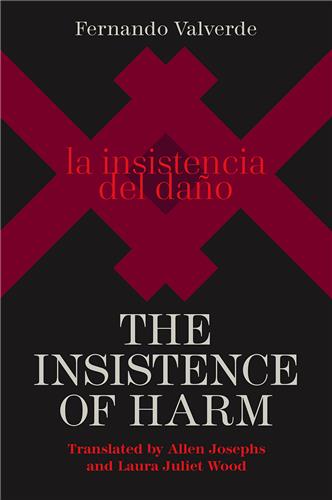Writing Islands
Space and Identity in the Transnational Cuban Archipelago
Elena Lahr-Vivaz
Hardcover: $85.00
Paper: $30.00
Paper: $30.00
How contemporary Cuban writers build transnational communities
“Lahr-Vivaz’s exceptionally curated book spans beyond transnational Cuba and the Caribbean archipelago in order to keenly propose new considerations of the many geographical locations of the previously ‘colonized’ world. This book will undoubtedly impact both Caribbean studies and decolonial thought throughout the Americas and beyond.”—Raúl Rubio, author of La Habana: Cartografías culturales
“Beautifully and engagingly written. A highly readable introduction for newcomers to Cuban letters about a number of indispensable Cuban writers and literary projects.”—César A. Salgado, author of From Modernism to Neo-Baroque: Joyce and Lezama Lima
In Writing Islands, Elena Lahr-Vivaz employs methods from archipelagic studies to analyze works of contemporary Cuban writers on the island alongside those in exile. Offering a new lens to explore the multiplicity of Cuban space and identity, she argues that these writers approach their nation as part of a larger, transnational network of islands. Introducing the term “arcubiélago” to describe the spaces created by Cuban writers, both on the ground and in print, Lahr-Vivaz illuminates how transnational communities are forged and how they function across space and time.
Lahr-Vivaz considers how poets, novelists, and essayists of the 1990s and 2000s built interconnected communities of readers through blogs, state-sponsored book fairs, informal methods of book circulation, and intertextual dialogues. Book chapters offer in-depth analyses of the works of writers as different as Reina María Rodríguez, known for lyrical poetry, and Zoé Valdés, known for strident critiques of Fidel Castro. Incorporating insights from on-site interviews in Cuba, Spain, and the United States, Lahr-Vivaz analyzes how writers maintained connections materially, through the distribution of works, and metaphorically, as their texts bridge spaces separated by geopolitics.
Through a decolonizing methodology that resists limiting Cuba to a distinct geographic space, Writing Islands investigates the nuances of Cuban identity, the creation of alternate spaces of identity, the potential of the Internet for artistic expression, and the transnational bonds that join far-flung communities.
Elena Lahr-Vivaz, associate professor of Spanish at Rutgers University–Newark, is the author of Mexican Melodrama: Film and Nation from the Golden Age to the New Wave.
Publication of this work made possible by a Sustaining the Humanities through the American Rescue Plan grant from the National Endowment for the Humanities.
- Sample Chapter(s):
- Excerpt
- Table of Contents
There are currently no reviews available












